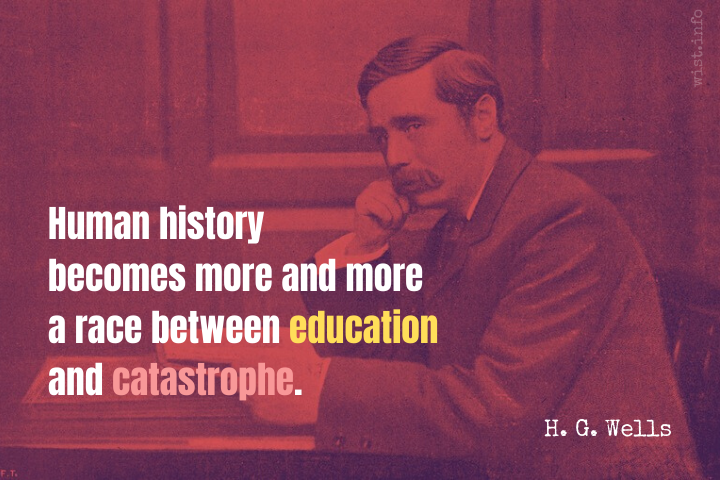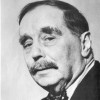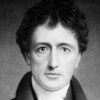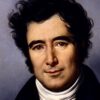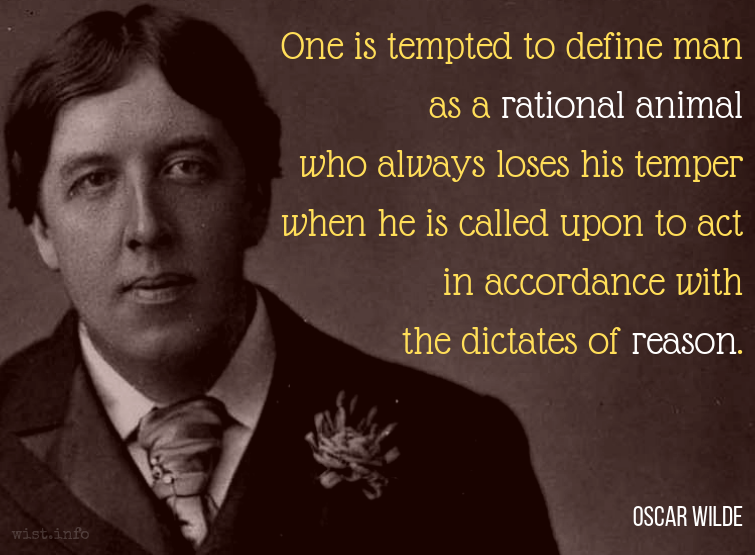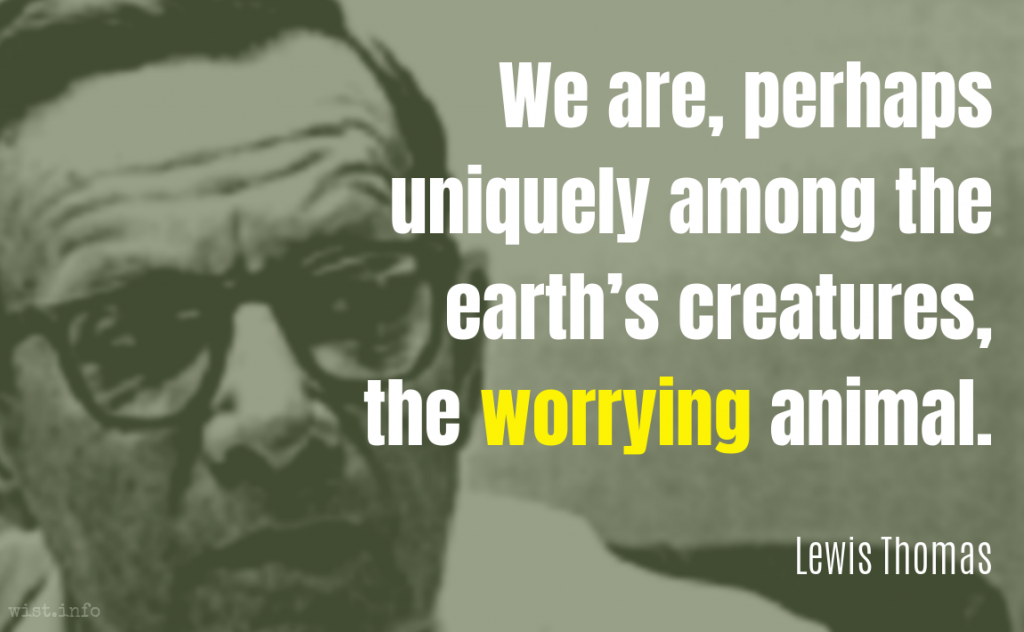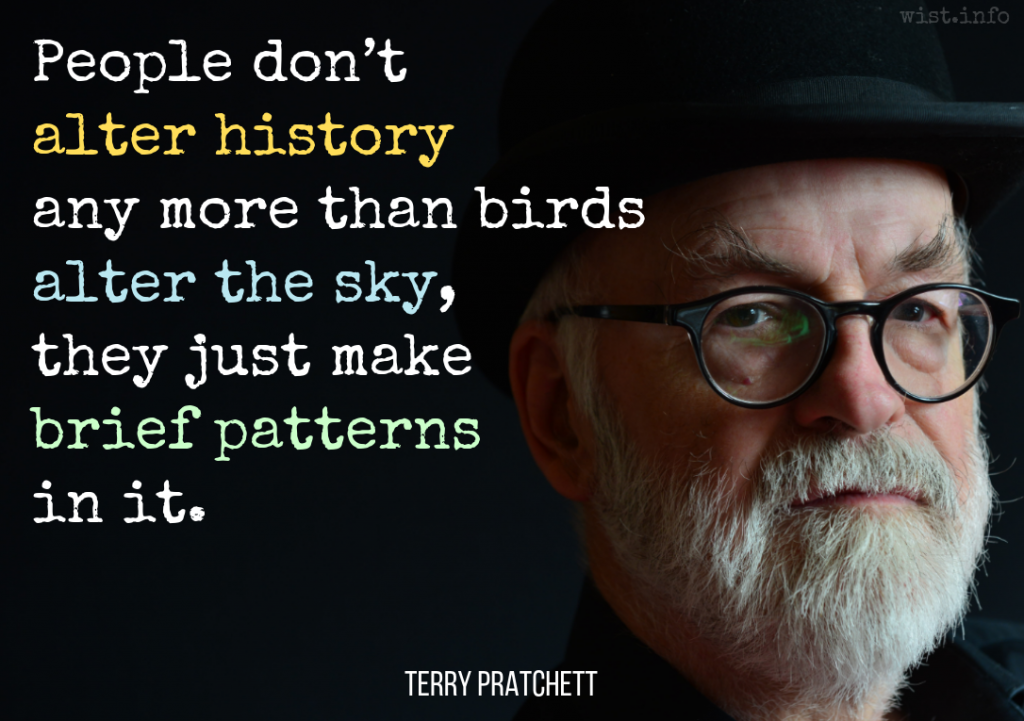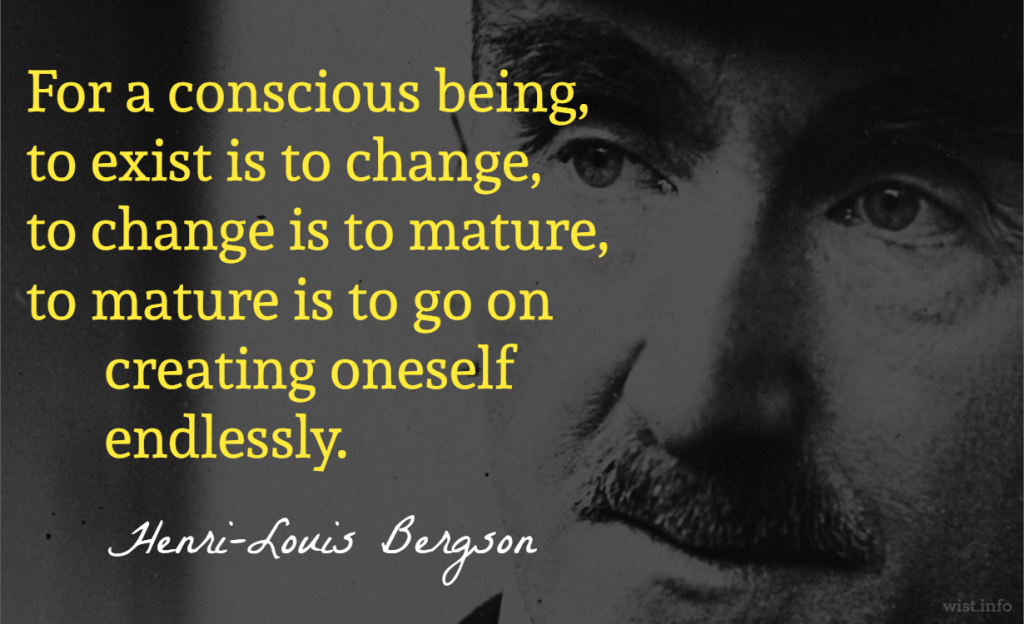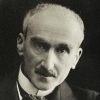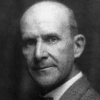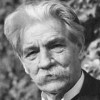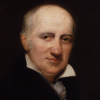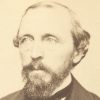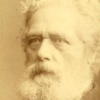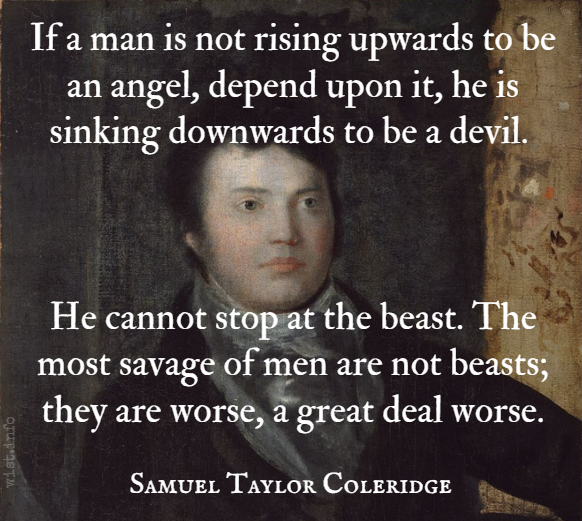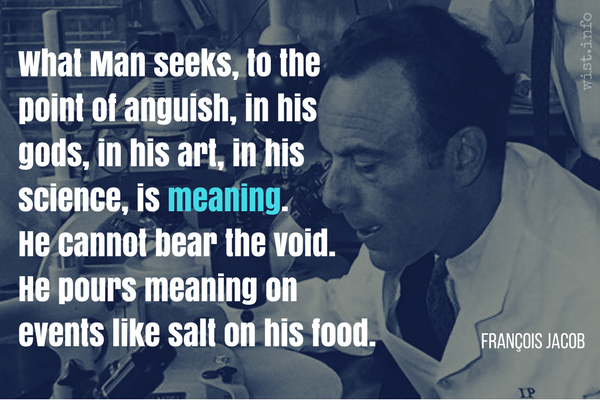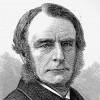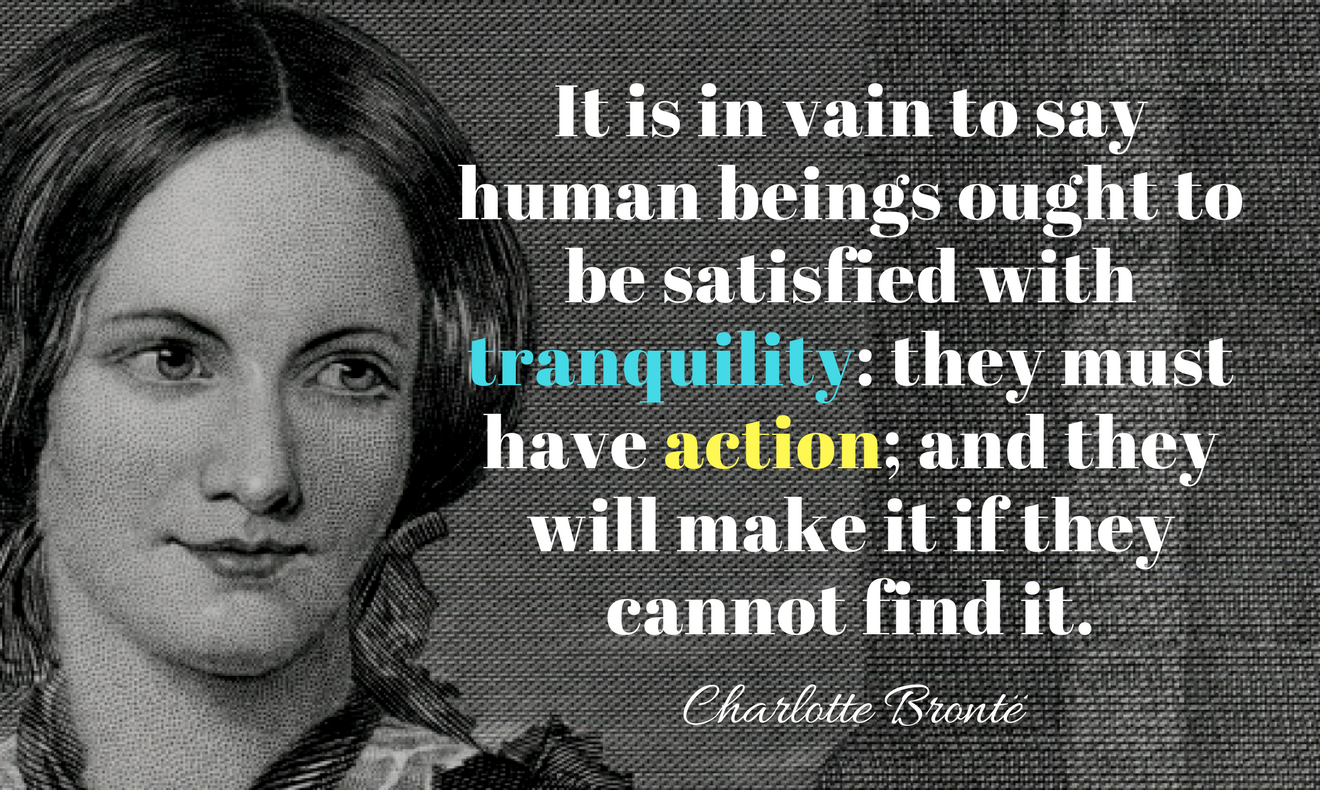Prudent men are in the habit of saying — and not by chance or without basis — that he who wishes to see what is to come should observe what has already happened, because all the affairs of the world, in every age, have their individual counterparts in ancient times. The reason for this is that since they are carried on by men, who have and always have had the same passions, of necessity the same results appear.
Niccolò Machiavelli (1469-1527) Italian politician, philosopher, political scientist
The Discourses on Livy, Book 3, ch. 43 (1517) [tr. Gilbert (1958)]
(Source)
Alt. trans.: "The wise are wont to say, and not without reason or at random, that he who would forecast what is about to happen should look to what has been; since all human events, whether present or to come, have their exact counterpart in the past. And this, because these events are brought about by men, whose passions and dispositions remaining in all ages the same naturally give rise to the same effects." [tr. Thomson]
Quotations about:
humanity
Note not all quotations have been tagged, so Search may find additional quotes on this topic.
I see men assassinated around me every day. I walk through rooms of the dead, streets of the dead, cities of the dead: men without eyes, men without voices; men with manufactured feelings and standard reactions; men with newspaper brains, television souls and high school ideals.
Charles Bukowski (1920-1994) German-American author, poet
Sunlight Here I Am: Interviews and Encounters, 1963-1993 (2003)
(Source)
When asked his reaction to the assassination of John Kennedy.
Human history becomes more and more a race between education and catastrophe.
H.G. Wells (1866-1946) British writer [Herbert George Wells]
The Outline of History, Vol. 2, ch. 41, sec. 4 (1921)
(Source)
Also attributed to Wells: "Civilization is in a race between education and catastrophe. Let us learn the truth and spread it as far and wide as our circumstances allow. For the truth is the greatest weapon we have."
Certainly it is presumptuous to say that we cannot improve, and that Man, who has only been in power for a few thousand years, will never learn to make use of his power. All I mean is that, if people continue to kill one another as they do, the world cannot get better than it is, and that, since there are more people than formerly, and their means for destroying one another superior, the world may well get worse. What is good in people — and consequently in the world — is their insistence on creation, their belief in friendship and loyalty for their own sakes; and, though Violence remains and is, indeed, the major partner in this muddled establishment, I believe that creativeness remains too, and will always assume direction when violence sleeps.
E. M. Forster (1879-1970) English novelist, essayist, critic, librettist [Edward Morgan Forster]
“What I Believe,” The Nation (16 Jul 1938)
(Source)
I was often humiliated to see men disputing for a piece of bread, just as animals might have done. My feelings on this subject have very much altered since I have been personally exposed to the tortures of hunger. I have discovered, in fact, that a man, whatever may have been his origin, his education, and his habits, is governed, under certain circumstances, much more by his stomach than by his intelligence and his heart.
François Arago (1786-1853) French Catalan mathematician, physicist, astronomer, politician
Biographies of Distinguished Scientific Men, “The History of My Youth” (1859) [tr. Smyth, Powell, Grant]
(Source)
Man is a reasoning animal. Therefore, man’s highest good is attained if he has fulfilled the good for which nature designed him at birth. And what is it which this reason demands of him? The easiest thing in the world — to live in accordance with his nature. But this has turned into a hard task by the general madness of mankind; we push one
another into vice.Seneca the Younger (c. 4 BC-AD 65) Roman statesman, philosopher, playwright [Lucius Annaeus Seneca]
Letters to Lucilius, Letter 41 (c. 65 AD)
(Source)
It is our firm belief that if souls were visible to the eye we should clearly see that strange thing whereby every single member of the human species corresponds to some species of the animal world. And we would easily be able to recognize that truth barely apprehended by the philosopher, which is that, from the oyster to the eagle, from the pig to the tiger, all animals are to be found in mankind, and each one of them is to be found in some man. Sometimes even several at a time.
[Dans notre conviction, si les âmes étaient visibles aux yeux, on verrait distinctement cette chose étrange que chacun des individus de l’espèce humaine correspond à quelqu’une des espèces de la création animale ; et l’on pourrait reconnaître aisément cette vérité à peine entrevue par le penseur, que, depuis l’huître jusqu’à l’aigle, depuis le porc jusqu’au tigre, tous les animaux sont dans l’homme et que chacun d’eux est dans un homme. Quelquefois même plusieurs d’entre eux à la fois.]
Victor Hugo (1802-1885) French writer
Les Misérables, Part 1 “Fantine,” Book 5 “The Descent,” ch. 5 (1.5.5) (1862) [tr. Donougher (2013)]
(Source)
Commentary while introducing Javert (whose "animal" is the one wolf born in each litter which is killed by the mother so that he does not kill the others).
(Source (French)). Alternate translations:
It is our conviction that if souls were visible to the eyes, we should be able to see distinctly that strange thing, that each one individual of the human race corresponds to some one of the species of the animal creation; and we could easily recognize this truth, hardly perceived by the thinker, that from the oyster to the eagle, from the pig to the tiger, all animals exist in man, and that in each one of them is in a man. Sometimes even several of them at a time.
[tr. Wilbour (1862)]
In our conviction, if souls were visible we should distinctly see the strange fact that every individual of the human species corresponds to some one of the species of animal creation; and we might easily recognize the truth, which has as yet scarce occurred to the thinker, that, from the oyster to the eagle, from the hog to the tiger, all animals are in man, and that each of them is in a man; at times, several of them at once.
[tr. Wraxall (1862)]
It is our conviction that if souls were visible to the eyes, we should be able to see distinctly that strange thing that each one individual of the human race corresponds to some one of the species of the animal creation; and we could easily recognize this truth, hardly perceived by the thinker, that from the oyster to the eagle, from the pig to the tiger, all animals exist in man, and that each one of them is in a man. Sometimes even several of them at a time.
[tr. Hapgood (1887)]
It is our belief that if the soul were visible to the eye every member of the human species would be seen to correspond to some species of the animal world and a truth scarcely perceived by thinkers would be readily confirmed, namely, that from the oyster to the eagle, from the swine to the tiger, all animals are to be found in men and each of them exists in some man, sometimes several at a time.
[tr. Denny (1976)]
It is our belief that if the soul were visible to the eye, every member of the human species would be seen to correspond to some species of the animal world, and a truth scarcely perceived by thinkers would be readily confirmed, namely, that from the oyster to the eagle, from the swine to the tiger, all animals are to be found in men and each of them exists in some man, sometimes several at a time.
[tr. Wilbour/Fahnestock/MacAfee (1987)]
The security of society lies in custom and unconscious instinct, and the basis of the stability of society, as a healthy organism, is the complete absence of any intelligence amongst its members. The great majority of people being aware of this, rank themselves naturally on the side of that splendid system that elevates them to the dignity of machines, and rage so wildly against the intrusion of the intellectual faculty into any question that concerns life, that one is tempted to define man as a rational animal who always loses his temper when he is called upon to act in accordance with the dictates of reason.
Oscar Wilde (1854-1900) Irish poet, wit, dramatist
“The Critic as Artist,” Intentions (1891)
(Source)
We are, perhaps uniquely among the earth’s creatures, the worrying animal. We worry away our lives, fearing the future, discontent with the present, unable to take in the idea of dying, unable to sit still.
Lewis Thomas (1913-1993) American physician, poet, essayist, researcher
“The Youngest and Brightest Thing Around,” The Medusa and the Snail: More Notes of a Biology Watcher (1979)
(Source)
The authentic human being is one of us who instinctively knows what he should not do and, in addition, will balk at doing it. He will refuse to do it, even if this brings down dread consequences to him and those whom he loves. This, to me, is the ultimately heroic trait of ordinary people. They say “no” to the tyrant and they calmly take the consequences of this resistance. Their deeds may be small, and almost always unnoticed, unmarked by history. Their names are not remembered, nor did these authentic humans expect their names to be remembered. I see their authenticity in an odd way: not in their willingness to perform great heroic deeds, but in their quiet refusals to commit villainies. In essence, they cannot be compelled to be what they are not.
People don’t alter history any more than birds alter the sky, they just make brief patterns in it.
For a conscious being, to exist is to change, to change is to mature, to mature is to go on creating oneself endlessly.
Henri-Louis Bergson (1859-1941) French philosopher
Creative Evolution, ch. 1 (1907) [tr. Mitchell (1911)]
(Source)
At bottom every man knows well enough that he is a unique human being, only once on this earth; and by no extraordinary chance will such a marvelously picturesque piece of diversity in unity as he is ever be put together a second time.
Friedrich Nietzsche (1844-1900) German philosopher and poet
“Schopenhauer as Educator,” ch. 1 (1874) [tr. Collins]
(Source)
Experience declares that man is the only animal which devours its own kind; for I can apply no milder term to the governments of Europe, and to the general prey of the rich upon the poor.
Thomas Jefferson (1743-1826) American political philosopher, polymath, statesman, US President (1801-09)
Letter to Edward Carrington (16 Jan 1787)
(Source)
It can truly be said: Men are the devils of the earth, and the animals are the tormented souls.
[Man möchte wahrlich sagen: die Menschen sind die Teufel der Erde und die Tiere die geplagten Seelen]
Arthur Schopenhauer (1788-1860) German philosopher
Parerga and Paralipomena, Vol. 2, ch. 15 “On Religion [Ueber Religion], § 179 “The Christian System [Über das Christenthum]” (1851) [tr. Hollingdale (1970)]
(Source)
(Source (German)). Alternate translation:
One might say with truth, Mankind are the devils of the earth, and the animals the souls they torment.
[tr. Saunders (1890)]
Tolerance, good temper and sympathy — they are what matter really, and if the human race is not to collapse they must come to the front before long.
E. M. Forster (1879-1970) English novelist, essayist, critic, librettist [Edward Morgan Forster]
“What I Believe,” The Nation (16 Jul 1938)
(Source)
I look at some of the great novelists, and I think the reason they are great is that they’re telling the truth. The fact is they’re using made-up names, made-up people, made-up places, and made-up times, but they’’re telling the truth about the human being — what we are capable of, what makes us lose, laugh, weep, fall down, and gnash our teeth and wring our hands and kill each other and love each other.
Maya Angelou (1928-2014) American poet, memoirist, activist [b. Marguerite Ann Johnson]
“The Art of Fiction,” Paris Review, #116, Interview with George Plimpton (1990)
(Source)
Your Honor, years ago I recognized my kinship with all living beings, and I made up my mind then that I was not one bit better than the meanest on earth. I said then, and I say now, that while there is a lower class, I am in it; and while there is a criminal element, I am of it; and while there is a soul in prison, I am not free.
Eugene V. Debs (1855-1926) American union leader, activist, socialist, politician
Statement to the Court (1918-09-18)
(Source)
On being convicted of sedition for urging resistance to the draft. Often paraphrased:
As long as there is a lower class, I am in it. As long as there is a criminal element, I am of it. As long as there is a soul in prison, I am not free.
Yet there is still this difference between man and all other animals — he is the only animal whose desires increase as they are fed; the only animal that is never satisfied.
A virtuous, ordinary life, striving for wisdom but never far from folly, is achievement enough.
Alain de Botton (b. 1969) Swiss-British author
The Consolations of Philosophy, ch. 4 “Consolation for Inadequacy” (2000)
(Source)
Summarizing Montaigne.
Man is the only animal who does not feel at home in nature, who can feel evicted from paradise, the only animal for whom his own existence is a problem that he has to solve and from which he cannot escape.
Erich Fromm (1900-1980) American psychoanalyst and social philosopher
The Anatomy of Human Destructiveness, ch. 10 (1973)
(Source)
Sometimes elided, "Man is the only animal for whom his own existence is a problem he has to solve."
Man is a social animal who dislikes his fellow man.
[L’homme es un animal sociable qui déteste ses semblables.]
Eugène Delacroix (1799-1863) French painter [Ferdinand Victor Eugène Delacroix]
The Journal of Eugène Delacroix, 17 November 1852 (1951)
(Source)
Man is a talking animal and he will always let himself be swayed by the power of the word.
Simone de Beauvoir (1908-1986) French author, existentialist philosopher, feminist theorist
Les Belles Images (1966)
(Source)
But man is a Noble Animal, splendid in ashes, and pompous in the grave, solemnizing Nativities and Deaths with equall lustre, nor omitting Ceremonies of bravery, in the infamy of his nature.
Thomas Browne (1605-1682) English physician and author
Hydriotaphia, or Urne-Buriall, ch. 5 (1658)
(Source)
Every man has a certain sphere of discretion, which he has a right to expect shall not be infringed by his neighbors. This right flows from the very nature of man. First, all men are fallible: no man can be justified in setting up his judgment as a standard for others. We have no infallible judge of controversies; each man in his own apprehension is right in his decisions; and we can find no satisfactory mode of adjusting their jarring pretensions. If every one be desirous of imposing his sense upon others, it will at last come to be a controversy, not of reason, but of force.
William Godwin (1756-1836) English journalist, political philosopher, novelist
Enquiry Concerning Political Justice, Book 2, ch. 5 (1793)
(Source)
The best aphorisms are pointed expressions of the results of observation, experience, and reflection. They are portable wisdom, the quintessential extracts of thought and feeling. They furnish the largest amount of intellectual stimulus and nutriment in the smallest compass. About every weak point in human nature, or vicious spot in human life, there is deposited a crystallization of warning and protective proverbs.
William Rounseville Alger (1822-1905) American writer, minister, translator
“The Utility and the Futility of Aphorisms,” Atlantic Monthly (Feb 1863)
(Source)
Often paraphrased, "Aphorisms are portable wisdom."
Man is a military animal,
Glories in gunpowder, and loves parade;
Prefers them to all things.Philip James Bailey (1816-1902) English poet, lawyer
Festus, Sc. “A Metropolis – Public Place” [Lucifer] (1839)
(Source)
Ah, what a dusty answer gets the soul
When hot for certainties in this our life!
I also think living in the country gives you faith. All you have to do is get up and look at the mountains and look at the other animals to realize that your problems are mostly made up or exacerbated by humans. But human life isn’t necessarily life. There’s so much more out there.
O woman! lovely woman! Nature made thee
To temper man: we had been brutes without you.
Angels are painted fair, to look like you:
There’s in you all that we believe of heaven, —
Amazing brightness, purity, and truth,
Eternal joy, and everlasting love.
Love would put a new face on this weary old world in which we dwell as pagans and enemies too long.
Ralph Waldo Emerson (1803-1882) American essayist, lecturer, poet
“Man the Reformer,” lecture, Boston (1841-01-25)
(Source)
There comes now and then a bolder spirit, I should rather say, a more surrendered soul, more informed and led by God, which is much in advance of the rest, quite beyond their sympathy, but predicts what shall soon be the general fullness; as when we stand by the seashore, whilst the tide is coming in, a wave comes up the beach far higher than any foregoing one, and recedes; and for a long while none comes up to that mark; but after some time the whole sea is there and beyond it.
Ralph Waldo Emerson (1803-1882) American essayist, lecturer, poet
“Lecture on the Times,” Boston (1841-12-02)
(Source)
A man is a god in ruins.
Ralph Waldo Emerson (1803-1882) American essayist, lecturer, poet
“Nature,” ch. 8, Nature: Addresses and Lectures (1849)
(Source)
Of human knowledge as a whole and in every branch of it, by far the largest part exists nowhere but on paper, — I mean, in books, that paper memory of mankind.
[Von dem menschlichen Wissen überhaupt, in jeder Art, existirt der allergrößte Theil stets nur auf dem Papier, in den Büchern, diesem papiernen Gedächtniß der Menschheit.]
Arthur Schopenhauer (1788-1860) German philosopher
Parerga and Paralipomena, Vol. 2, ch. 21 “On Learning and the Learned [Über Gelehrsamkeit und Gelharte],” § 254 (1851) [tr. Saunders (1890)]
(Source)
(Source (German)). Alternate translation:
Of human knowledge in general and in every branch thereof, by far the greatest part exists always only on paper, in books, this paper-memory of mankind.
[tr. Payne (1974)]
If a man is not rising upwards to be an angel, depend upon it, he is sinking downwards to be a devil. He cannot stop at the beast. The most savage of men are not beasts; they are worse, a great deal worse.
What Man seeks, to the point of anguish, in his gods, in his art, in his science, is meaning. He cannot bear the void. He pours meaning on events like salt on his food. He denies that life bounces along at random, at the mercy of events, in sound and in fury. He wants it always to be directed, aimed toward a goal, like an arrow.
François Jacob (1920-2013) French biologist, Nobel prize winner in Medicine
The Statue Within: An Autobiography (1987) [tr. Philip (1988)]
(Source)
The Abilities of Man must fall short on one side or other, like too scanty a Blanket when you are a-bed. If you pull it upon your Shoulders, you leave your Feet bare; if you thrust it down upon your Feet, your Shoulders are uncovered.
William Temple, 1st Baronet Temple (1628-1699) English statesman and essayist.
Miscellanea (1705)
(Source)
But in the main, I feel like a brown bag of miscellany propped against a wall. Against a wall in company with other bags, white, red and yellow. Pour out the contents, and there is discovered a jumble of small things priceless and worthless. A first-water diamond, an empty spool, bits of broken glass, lengths of string, a key to a door long since crumbled away, a rusty knife-blade, old shoes saved for a road that never was and never will be, a nail bent under the weight of things too heavy for any nail, a dried flower or two still a little fragrant.
In your hand is the brown bag. On the ground before you is the jumble it held — so much like the jumble in the bags, could they be emptied, that all might be dumped in a single heap and the bags refilled without altering the content of any greatly. A bit of colored glass more or less would not matter. Perhaps that is how the Great Stuffer of Bags filled them in the first place — who knows?
Zora Neale Hurston (1891-1960) American writer, folklorist, anthropologist
“How It Feels to Be Colored Me”, The World Tomorrow (May 1928)
(Source)
Fools! who fancy Christ mistaken;
Man a tool to buy and sell;
Earth a failure, God-forsaken,
Ante-room of Hell.Charles Kingsley (1819-1875) English clergyman, historian, essayist, novelist (pseud. "Parson Lot")
“The World’s Age” (1849)
(Source)
I don’t think the boy of lively mind is hurt much by going to college. If he encounters mainly jackasses, then he learns the useful lesson that this is a jackass world.
H. L. Mencken (1880-1956) American writer and journalist [Henry Lewis Mencken]
“Editorial,” The American Mercury (April 1926)
(Source)
Reprinted in Prejudices: Sixth Series (1927).
It is in vain to say human beings ought to be satisfied with tranquility: they must have action; and they will make it if they cannot find it.
Charlotte Brontë (1816-1855) British novelist [pseud. Currer Bell]
Jane Eyre, ch. 12 [Jane] (1847)
(Source)
It is common to assume that human progress affects everyone — that even the dullest man, in these bright days, knows more than any man of, say, the Eighteenth Century, and is far more civilized. This assumption is quite erroneous. The men of the educated minority, no doubt, know more than their predecessors, and some of them, perhaps, it may be said that they are more civilized — though I should not like to be put to giving names — but the great masses of men, even in this inspired republic, are precisely where the mob was at the dawn of history. They are ignorant, they are dishonest, they are cowardly, they are ignoble. They know little if anything that is worth knowing, and there is not the slightest sign of a natural desire among them to increase their knowledge.
H. L. Mencken (1880-1956) American writer and journalist [Henry Lewis Mencken]
“Homo Neandertalensis,” Baltimore Evening Sun (29 Jun 1925)
(Source)
The process which, if not checked, will abolish Man goes on apace among Communists and Democrats no less than among Fascists. The methods may (at first) differ in brutality. But many a mild-eyed scientist in pince-nez, many a popular dramatist, many an amateur philosopher in our midst, means in the long run just the same as the Nazi rulers of Germany: ‘Traditional values are to be debunked’ and mankind to be cut out into some fresh shape at the will (which must, by hypothesis, be an arbitrary will) of some few lucky people in one lucky generation which has learned how to do it.
C. S. Lewis (1898-1963) English writer, literary scholar, lay theologian [Clive Staples Lewis]
The Abolition of Man (1943)
(Source)
If I thought of man as the final image of God, I should not know what to think of God. But when I consider that our ancestors, at a time fairly recent in relation to the earth’s history, were perfectly ordinary apes, closely related to chimpanzees, I see a glimmer of hope. It does not require very great optimism to assume that from us human beings something better and higher may evolve. Far from seeing in man the irrevocable and unsurpassable image of God, I assert — more modestly and, I believe, in greater awe of the Creation and its infinite possibilities — that the long-sought missing link between animals and the really humane being is ourselves!
Konrad Lorenz (1903-1989) Austrian zoologist, ethologist, ornithologist
On Aggression, ch. 12 “On the Virtue of Scientific Humility” (1963)
(Source)
We are the highest achievement reached so far by the great constructors of evolution. We are their “latest” but certainly not their last word. The scientist must not regard anything as absolute, not even the laws of pure reason. He must remain aware of the great fact, discovered by Heraclitus, that nothing whatever really remains the same even for one moment, but that everything is perpetually changing. To regard man, the most ephemeral and rapidly evolving of all species, as the final and unsurpassable achievement of creation, especially at his present-day particularly dangerous and disagreeable stage of development, is certainly the most arrogant and dangerous of all untenable doctrines.
Konrad Lorenz (1903-1989) Austrian zoologist, ethologist, ornithologist
On Aggression, ch. 12 “On the Virtue of Scientific Humility” (1963)
(Source)
And the great danger facing us today is not so much the atomic bomb that was created by physical science. Not so much that atomic bomb that you can put in an aeroplane and drop on the heads of hundreds and thousands of people — as dangerous as that is. But the real danger confronting civilization today is that atomic bomb which lies in the hearts and souls of men, capable of exploding into the vilest of hate and into the most damaging selfishness — that’s the atomic bomb that we’ve got to fear today. Problem is with the men. Within the heart and the souls of men. That is the real basis of our problem.
Martin Luther King, Jr. (1929-1968) American clergyman, civil rights leader, social activist, preacher
“Rediscovering Lost Values,” Sermon, Second Baptist Church, Detroit (28 Feb 1954)
(Source)
Man is man because he is free to operate within the framework of his destiny. He is free to deliberate, to make decisions, and to choose between alternatives. He is distinguished from animals by his freedom to do evil or to do good and to walk the high road of beauty or tread the low road of ugly degeneracy.



